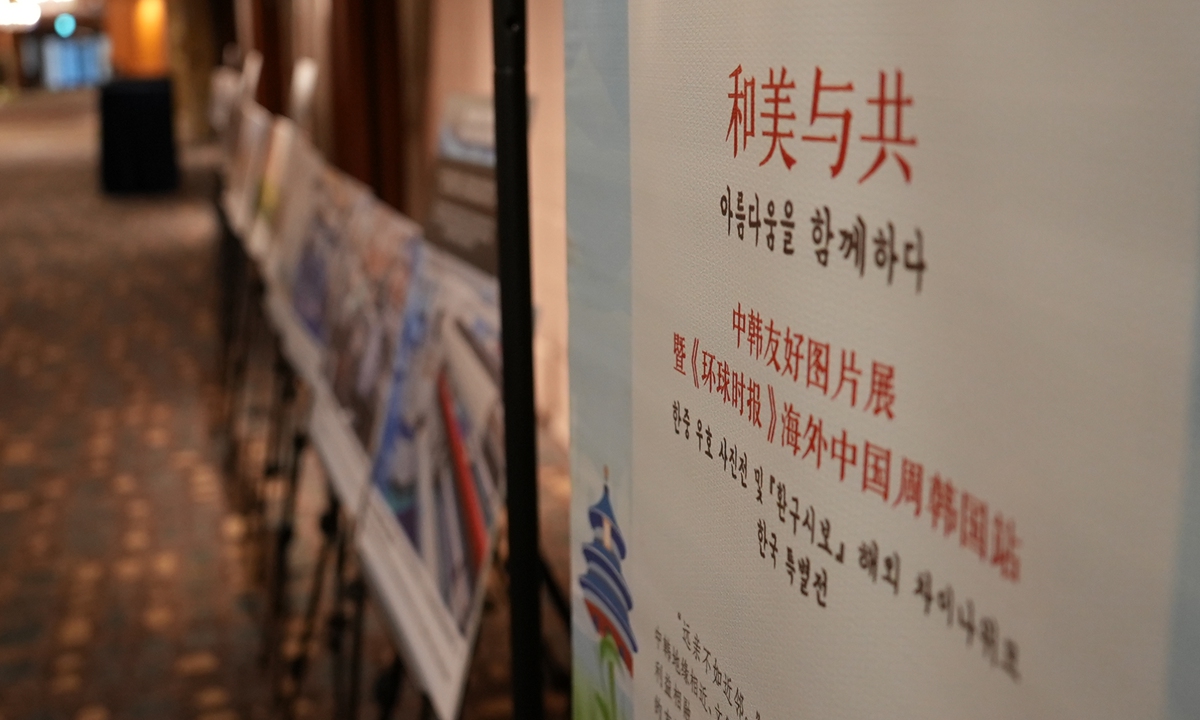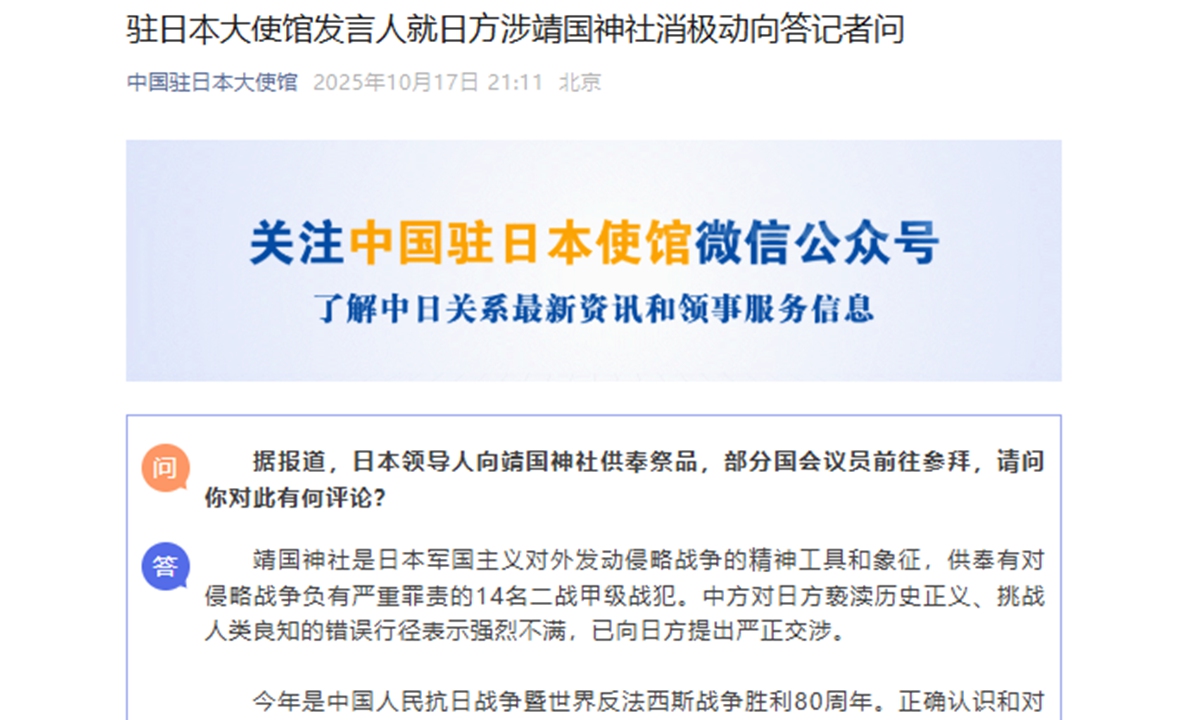The procuratorate in Urumqi, Northwest China’s Xinjiang Uygur Autonomous Region recently revealed security risks linked to online “campus confession wall” accounts, with 11 accounts posing risks against minors through problems such as personal information leakage, invasion of privacy, cyberbullying and dissemination of harmful information being rectified, China Youth Daily reported on Wednesday.
According to the Tianshan District People’s Procuratorate in Urumqi, the procuratorate uncovered the online risks hidden behind the “campus confession wall,” which in turn triggered a public-interest lawsuit concerning the safety of thousands of minors.
“Campus confession walls” are unofficial virtual social platforms operated by middle schools and universities. They mainly operate through QQ groups, WeChat public accounts and mini programs, providing students with functions for emotional expression, information exchange and daily services. On these “confession walls,” students can not only make friends or express affection but also can look for lost items or share important information.
In May 2024, during a juvenile delinquency case, the Tianshan procuratorate discovered that both the suspect surnamed He and the victim were students at the same middle school. The two had met six months earlier through a “campus confession wall,” after which He repeatedly threatened and assaulted the girl, causing her to suffer from depression. He has since been prosecuted.
In handling the case, prosecutors conducted a comprehensive review of the evidence and thoroughly analyzed the background and causes of the crime, and discovered that multiple online accounts operating under the name of “campus confession walls” within their jurisdiction had serious problems.
These accounts not only posted large amounts of pornographic, vulgar and inappropriate social content but also frequently disclosed minors’ real names, class information, and other private information details. Some even contained open insults and abusive remarks, which could easily incite illegal or criminal behaviors.
According to Lu Denghui, the prosecutor handling the case, “campus confession walls” are typically run on social media platforms such as QQ and WeChat. These accounts are often created in the name of the schools without authorization. They are operated by operation teams composed entirely of people outside the school, which exert strong influence over the students on campus.
In May 2024, the Tianshan Procuratorate launched a probe into the irregularity surrounding “campus confession walls” in a bid to create a clear online environment for children.
By conducting on-site visits to schools, distributing questionnaires and reviewing content on the problematic platforms, the prosecutors uncovered a total of 11 “campus confession wall” accounts within the jurisdiction of the Tianshan Procuratorate, covering nine middle schools and thousands of students. Most of the account holders were outsiders who profited by attracting students to join the platforms and charging various fees, according to Lu.
Since these accounts have been operating in a regulatory blind spot for a long time, posted mostly illegal content. Some posts showed photos of half-naked students showing off their tattoos, some openly shared the addresses of illegal internet cafés and karaoke bars, and some even lured students to sell blood by offering part-time job opportunities as bait.
Lu said the content posted on “campus confession walls” commonly presents security risks such as personal information leakage, invasion of privacy, cyberbullying, dissemination of harmful information, and irregular management.
These practices violate laws and regulations including the Law on the Protection of Minors and the regulations to protect minors in cyberspace, negatively affecting the physical and mental health of minors and infringing upon the public interest.
In October, the Tianshan procuratorate issued public-interest litigation recommendations to the local cyberspace administration, the education department and the public security department, urging the cyberspace administration to establish a coordinated online protection mechanism with the education and public security authorities to strengthen the management of campus social platforms, including implementing real-name registration, verifying account operators’ identities, and reviewing content before publication.
The procuratorate authority also recommended strengthening online literacy education for minors in school, enhancing their awareness of cybersecurity and ability to protect themselves, and establishing convenient and effective channels for complaints, reporting, and feedback to promptly address illegal and harmful information involving minors.
After receiving the prosecutorial recommendations, the three departments moved quickly. Police summoned the operators of “campus confession wall” accounts using school names, requiring them to delete harmful online content or shut down the accounts, with all the 11 related accounts being rectified.
There have been several cases reported nationwide involving crimes against minors that were related to “campus confession walls.” In September 2023, the procuratorate authority in Taicang, East China’s Jiangsu Province dealt with a criminal case against a minor. A middle school schoolgirl named Xiao Hua (pseudonym), who lived with her grandfather after her parents divorced, used “campus confession walls” at several local schools to expand her social circle. After meeting outsiders through these platforms, she was lured to offline meetings and subsequently subjected to infringement, according to a report by the Procuratorate Daily.
In another case in 2021, a middle school student named Xiao Lan (pseudonym) from Southwest China’s Chongqing Municipality was subjected to doxxing and cyberbullying after her classmate she fell in dispute with anonymously posted defamatory content about her on the “campus confession wall,” which resulted in her suffering depression with both her mental and physical health harmed, the Procuratorate Daily reported.
According to Zhu Wei, a professor at the China University of Political Science and Law, the identification verification on schools’ chat groups or social media platforms fail to be implemented properly at present. Despite that the users of the platforms are students, the operators of such platforms are usually third-party internet platforms that have no connection with the schools, which pose potential risks to the users of the platforms, Zhu told the Global Times on Wednesday.
Zhu suggested that the real-name and identity verification mechanism, including IP address display functions, must be strengthened on social platforms frequented by minors, and the supervisors of such chatgroups should be school faculties instead of third-party platform staffers.










